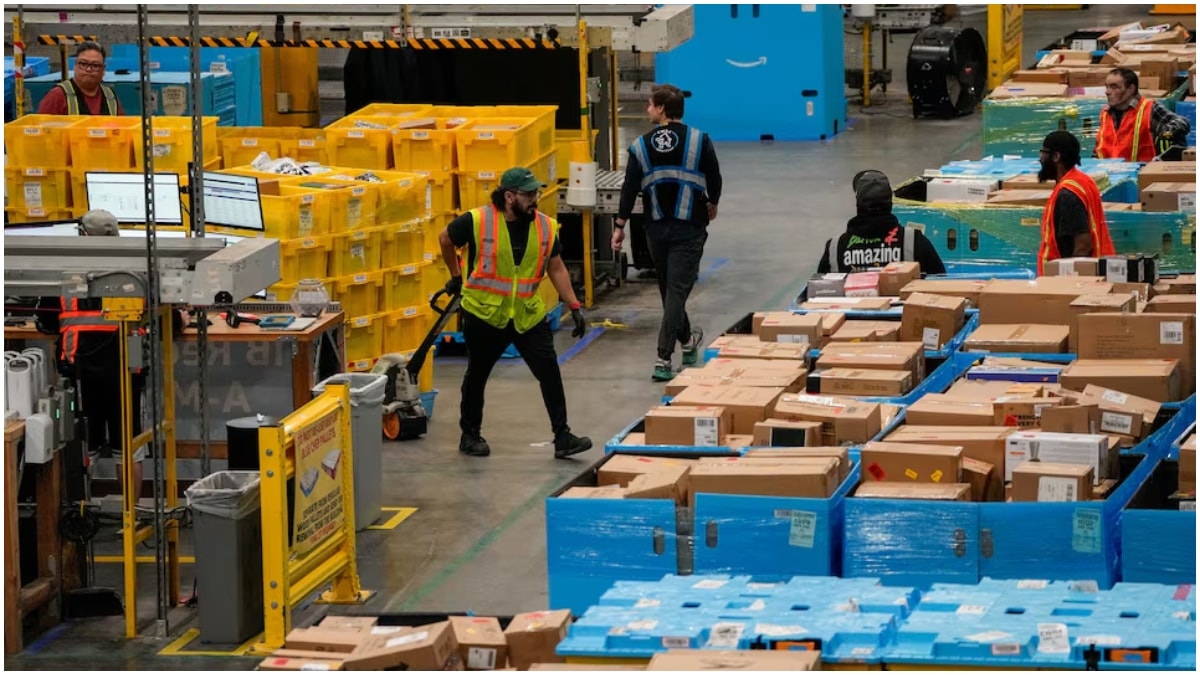Living in a world surrounded by electronic ties and the resulting inability to switch off, the need for safety in cyberspace can hardly be a subject of debate. If ‘work is where the WIFI is’ then it is essential that the digital connects also ensure the authenticity of the counterparty and bad actors do not get to ‘auto-push’ unwanted software into digital devices.
It is therefore with good reason that Arijit Sarker, who leads Google in Hyderabad and its vice president for Global Business Ads, describes the launch of Google’s Safety Engineering Centre in Hyderabad on Wednesday, June 18th, a development that is more than marking a milestone and a deeper message from Google on its commitment to digital safety and to India.
The centre, launched in Hyderabad’s tony suburb of Cyberabad on Wednesday, June 18th by Telangana chief minister Anumula Revanth Reddy, is the first such in the Asia-Pacific region and the fourth in the world. He sees the establishment of the GSEC as representing a pivotal moment in Telangana’s journey toward becoming a global hub for cybersecurity innovation.
The chief minister spoke of his government’s vision for “Rising Telangana” and of a state that saw itself on a road to becoming a $ 3 trillion economy by 2047. “The state with a population that is 2.5 per cent of the national population is contributing to 5 per cent of the GDP and the aim is to enhance this share to 10 per cent by 2047,” he said. He also spoke of the vision to empower women, especially the 67 lakh women members of the self help groups.
The Google centre looks at both the dimensions of digital safety and cybersecurity. A note from Google describes the centre as one that will “operationalise the three foundational pillars of Google’s Safety Charter—keeping end users safe from online fraud and scams, strengthening cybersecurity for government and enterprise infrastructure, and building AI responsibly—while serving as a regional hub for developing solutions across the broader APAC region.”
Preeti Lobana, Country Manager and Vice President, Google India, said, “With the inauguration of GSEC India today, we are bringing our global experience and expertise—from cutting-edge AI to foundational cybersecurity and user protection—to realize this commitment. Safety is a shared responsibility and this launch is a call for the entire ecosystem to come together and collaborate to make the entire chain stronger and smarter.”
To Heather Adkins, Vice President of Engineering, Google Security, “AI represents an inflection point for digital security – a force multiplier that narrows the gap between defenders and attackers, even eliminating it entirely in some cases. With GSEC India, we’re situating these capabilities in India to serve its unique landscape and also be a lighthouse for our global security efforts.”
Arijit Sarker, who welcomed the gathering with his initial remarks, spoke of “India’s remarkable digital journey that has connected millions across the country. The commitment to safe digital future is deeply intertwined with artificial intelligence (AI) and Google declared itself to be an AI-first company back in 2016.” (incidentally, many in the audience could perhaps relate it also to a milestone year for India’s digital revolution with the unfolding of the Unified Payments Interface or UPI that year).
While, AI, he said, presented unprecedented opportunities to solve real world challenges it was also to strengthen the defences against evolving threats and bad actors. All of it leading Google to approach it all with boldness in innovation while also being deeply responsible in its implementation thereby ensuring that AI becomes a force for good for all in their digital lives.
The company did not share details of the investments made for the centre or on its capacity to house talent. Apparently, the view within the company is that “manpower will evolve overtime. We are building capability that will create value rather than number of resources.”
The chief minister was joined by Telangana IT minister D Sridhar Babu and senior IAS officer Jayesh Ranjan.








